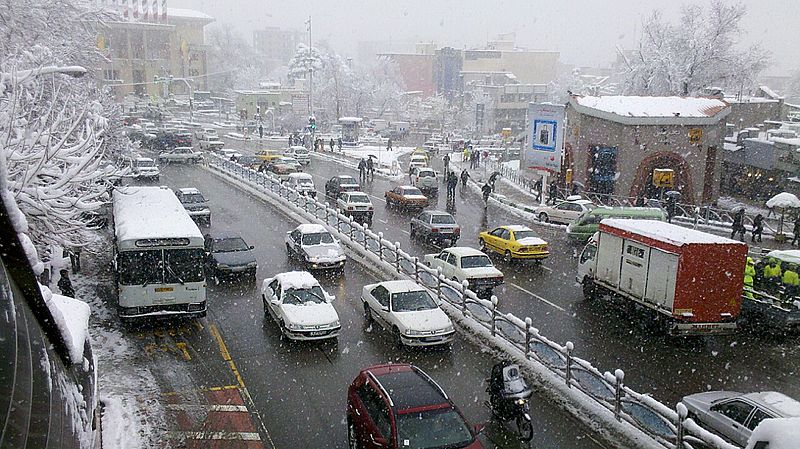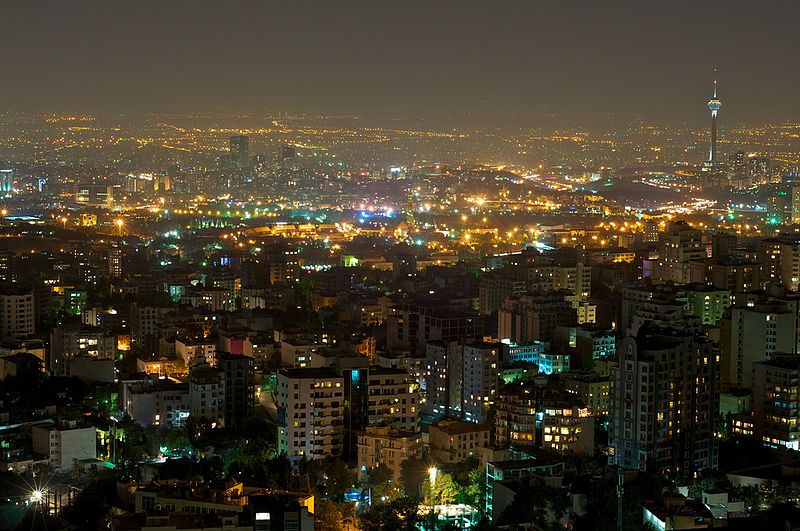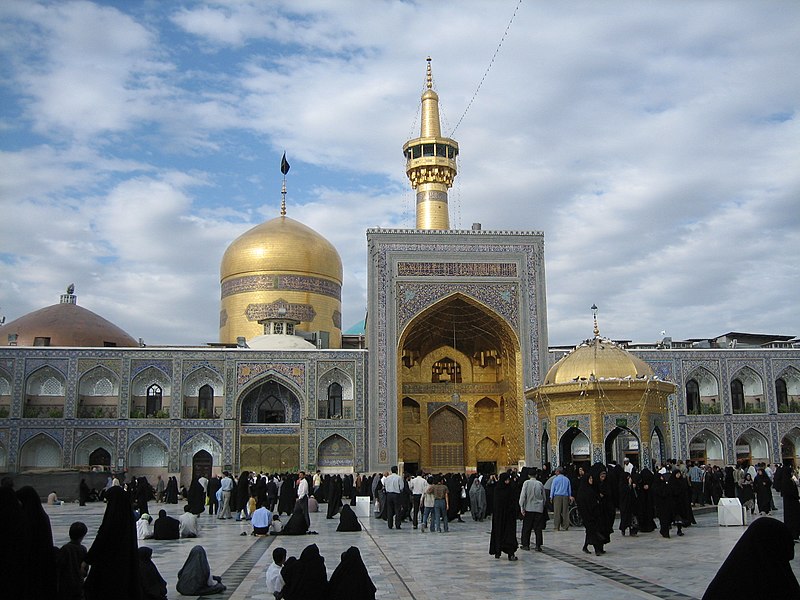Adopting from Iran
Contents
Hague Convention Information
Iran is not party to the Hague Convention on Protection of Children and Co-operation in Respect of Intercountry Adoption (Hague Adoption Convention). Intercountry adoptions of children from non-Hague countries are processed in accordance with 8 Code of Federal Regulations, Section 204.3 as it relates to orphans as defined under the Immigration and Nationality Act, Section 101(b)(1)(F).
NOTE: In accordance with current Iranian practice, acquiring legal custody/guardianship by parents residing outside of Iran is not possible. Prospective adoptive parents must be Iranian citizens and fulfill all other required conditions for acquiring legal custody/guardianship. Applications must be submitted to the Iranian Welfare Organization (IWO). Recent cases indicate that applications from close family members have the greatest chance of being approved. Only the IWO and an appropriate court can determine whether each case, based on its own merits, is in the best interests of the child. Muslim children are only eligible for legal custody/guardianship by Muslim parents. Christian children are only eligible for legal custody/guardianship by Christian parents. Before a legal custody/guardianship is granted, strict procedures are applied in order to protect the children and to establish the suitability of prospective adoptive parents, including a six month probationary period during which time at least one of the parents needs to be residing in Iran with the child. In order to leave Iran with the child during the probationary period, the prospective adoptive parent would need to get explicit permission from the public prosecutor. The process is complicated and time-consuming. After a child has been placed with a family, Iranian authorities will perform periodic checks to ensure the child's physical and mental well-being.
The United States does not have diplomatic relations with the Islamic Republic of Iran and therefore cannot provide protection or routine consular services to U.S. citizens in Iran. The Swiss government, acting through its Embassy in Tehran, serves as the protecting power for U.S. interests in Iran and can provide limited consular services to U.S. citizens.
U.S. IMMIGRATION REQUIREMENTS FOR INTERCOUNTRY ADOPTIONS
To bring a legal guardian child to the United States from Iran, you must meet eligibility and suitability requirements. The U.S. Department of Homeland Security, U.S. Citizenship and Immigration Services (USCIS) determines who can adopt under U.S. immigration law.
Additionally, a child must meet the definition of orphan under U.S. immigration law in order to be eligible to immigrate to the United States on an IR-3 or IR-4 immigrant visa.
Who Can Adopt
Residency
Age of Adopting Parents
Marriage
Income
Other
Who Can Be Adopted
How to Adopt
Adoption Authority
The Process
Traveling Abroad
After Adoption
SOURCE
Intercountry Adoption, Bureau of Consular Affairs. U.S. Department of State Country Information







